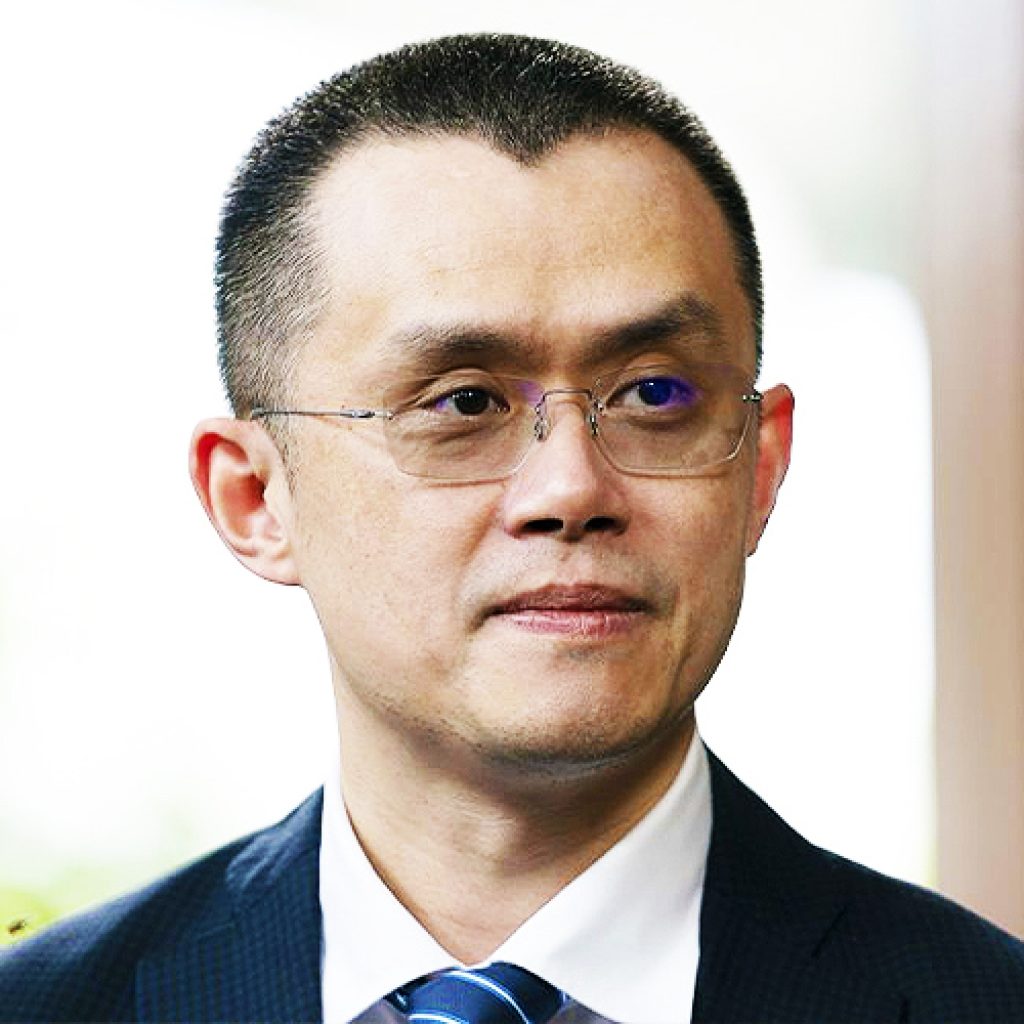Binance, the world’s leading cryptocurrency exchange, has recently experienced a significant upheaval in its anti-crime division. This shake-up comes as two key officials, integral to Binance’s efforts in combating financial crime, have parted ways with the company.
The departures of these specialists mark a notable shift in the staffing landscape of Binance, raising questions about the future direction of its anti-crime initiatives.
A Wave of Departures
Jennifer Hicks, who held the pivotal role of senior counter-terrorism official at Binance, updated her LinkedIn profile this week to indicate her departure from the company.
Her exit is particularly noteworthy as she was appointed just two months prior to lead the firm’s inaugural counter-terrorism finance advisory.
This development follows the recent resignation of Suleiman M., another key figure in Binance’s financial crime investigation team. Suleiman announced his departure on LinkedIn, attributing it to “recent redundancy.”
The significance of these departures is amplified by the fact that Hicks had a hand in bringing Suleiman into the Binance fold, as she had interviewed him for his role at the company.
The mutual respect between the two professionals was evident, with Hicks commending Suleiman’s skills in a public LinkedIn post. These exits are not isolated incidents but part of a broader trend of senior officials leaving Binance.
Recent months have seen the departure of the company’s head of product, head of Asia-Pacific, and several high-level officials overseeing operations in the UK, France, Eastern Europe, and CIS.
This exodus of talent from Binance’s senior ranks signifies a period of transition for the crypto giant.
Industry-Wide Staffing Changes
Binance’s staffing changes come at a time when the wider crypto industry is witnessing similar shifts. Nana Murugesan, the senior vice president of international and business development at Coinbase, announced plans to leave the company in early next year.
Murugesan played a crucial role in Coinbase’s global expansion efforts, focusing on markets such as Europe, Canada, Brazil, Singapore, and Australia.
This move aligns with Coinbase’s strategy to diversify its revenue streams beyond spot trading, as evidenced by its better-than-expected Q3 earnings.
Coinbase recently emphasized its commitment to maintaining high talent density, indicating that its roles are challenging and demanding high performance.
Before joining Coinbase, Murugesan had a stint at Snap, handling international markets and mobile partnerships. In other notable industry developments, Henson Orser, the head of Dubai’s crypto regulator, also left his position this week.
Dubai’s Virtual Assets Regulatory Authority (VARA), which began operations in March 2022, has been gradually authorizing crypto firms to operate in the emirate.
Additionally, Sam Altman was removed from his position as CEO of OpenAI by the company’s board of directors. Altman is also known for his involvement in the controversial eye-scanning crypto project, Worldcoin.
Bottomline is the staffing changes at Binance, particularly in its anti-crime division, reflect a broader trend of high-level personnel shifts within the cryptocurrency industry.
As companies like Binance and Coinbase continue to evolve and adapt to the dynamic crypto landscape, these changes in their leadership and specialized teams could herald new strategies and approaches in tackling the complex challenges of the digital asset world.
The coming months will likely reveal the impact of these shifts on the operational and strategic directions of these leading crypto firms.





